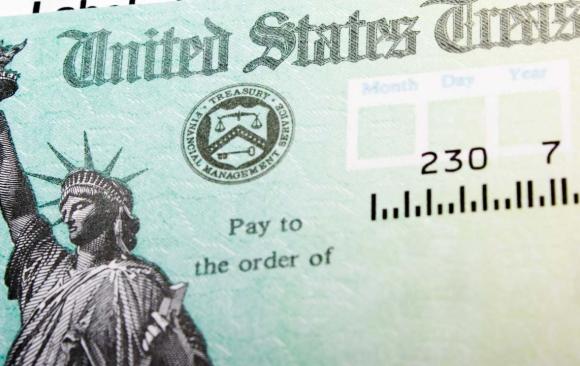


The U.S. Congress is sending a the third round of direct stimulus payments. The Internal Revenue Service will send more than $410 billion to low- and middle-income households, the largest batch of direct household payments yet during the pandemic.
Individuals who earn as much as $75,000, or couples making $150,000, plus their children or adult dependents, qualify for the full $1,400 per person. Single parents with at least one dependent who earn $112,500 or less also get the full amount. Families in which some members have different citizenship and immigration classifications are also eligible for a payment, if at least one person has a Social Security number. The payments phase out much more quickly than in previous rounds: An individual with income of $80,000, or a couple with $160,000, get nothing.
It will use the most recent adjusted gross income in its system. So if you’ve already filed a tax return with 2020 income, that will likely be used. If you haven’t submitted your taxes yet this year, the agency will rely on your 2019 income. However, the payment is technically based on the income you earn in 2021, which isn’t yet known. If you earn less this year than in prior years, you can claim any missing payments on the tax return you file next year. But good news: If you earn more this year and would qualify for a smaller payment or no payment at all, you won’t have to send the money back.
The IRS has added an extra line -- line 30, “Recovery rebate credit” -- to this year’s individual tax return Form 1040 to claim any missing payments. If you are missing some or all of those payments you can claim the additional amount and it will be added onto your tax refund.
The legislation expands the child tax credit for one year to $3,600 for children under 6, and to $3,000 for children ages 6 to 17. The current credit is $2,000 per child. The IRS will start sending the credit in advance to households in the form of monthly payments. The legislation would also make up to $10,200 of unemployment benefits tax-free for those in households earning no more than $150,000, a change that would save many people from facing surprise tax bills on jobless benefits.